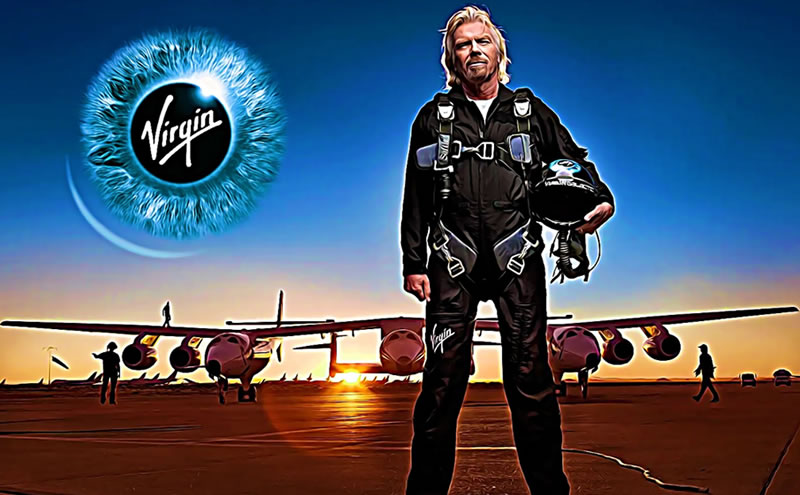On Tuesday, Virgin Galactic (NYSE: SPCE) announced that ticket sales for commercial flights to outer space would open on Wednesday. 
The flight will last for 90 minutes, and a ticket would cost a total of $450,000 with an initial deposit of $150,000. According to the company, there would be several minutes of “out-of-seat weightlessness” and “breathtaking views of Earth.” The simple truth is I would rather use that money to book a ride with Virgin Galactic than own a piece of the company as an investment. At least, I got the much-needed experience rather than owning a falling company around this historic rising inflation era.
The company believes in the transformational nature of space and is projecting having 1,000 passengers on board its flights late this year. Every passenger will have to go through several days of astronaut training, and the company will provide world-class amenities and custom accommodations.
Astronauts are accustomed to the rigors of space travel, but this would be a new experience for commercial passengers. So, what would be the psychological effect of space travel? Is it a fearful thing? Well, if you ever consider space tourism, here's what you should know.
The Psychology of Space Travel
Anousheh Ansari was the world’s fourth “space tourist” and CEO of X-Prize foundation. She describes her experience in space as “being eerily calm. It was overwhelming, and I was full of emotions. I went from crying to laughing and back again.”
Any space traveller will need courage and money. The courage to confront their fears on embarking on a novel experience and lots of money because space travel is not cheap. Also, they will need lots of psychological preparation for their safety and to enjoy the experience, Ralph Rose, a space psychologist, states that “people try to keep psychological adjustment to themselves, so it is somewhat harder to identify. But space companies will have to be ready to do lots of psychological and physical preparedness training of space tourists.”
Space tourists should expect some tension in the flight, but that would be minimal. Astronauts experience a lot of pressure and stress, but space tourists would not be astronauts. Some tensions would include being stuck in space for more than an hour. There would be some fear if the mission would unfold as planned. Computer glitches can occur sometimes. According to Virgin Galactic, their training program will prepare space tourists for every eventuality.
There would be lots of psychological screening to prevent someone from reacting with palpitations or heart pressure, having a stroke, or even being acutely psychotic.
Unlike astronauts, space tourists wouldn’t be operating the vehicle. Instead, they will have to trust computer software while trying to be comfortable. Virgin Galactic says that there will be two pilots on board if the software has to be manoeuvred.
Some Mental Training Is Needed
Virgin Galactic says its mental training program will last for two days. After that, it would include physical training in zero-gravity and helping space tourists be familiar with the cabin and other automated procedures. The company also intends to give every customer a comprehensive medical evaluation to identify risk factors for flying to space. For example, they would be looking out for conditions such as claustrophobia and poor stress management. But they did not state if these are disqualifying factors.
They would also train pace tourists on how to manage their fears. For example, they have plans on preventing a passenger from fearfully trying to open the door of the spacecraft. These actions won’t harm other passengers, although there is a slight possibility. So, there is little or next to nothing to fear about space travel. However, if you can afford the ticket, do well to enjoy the experience of visiting outer space.
At the time of writing, shares of Virgin Galactic rose by 10% on the Tuesday morning news after falling 85% over the past year. This is a significant step for a company that has had several delays in launching its space tourism program. However, this does not mean that the company is back on track.

















Rate this article